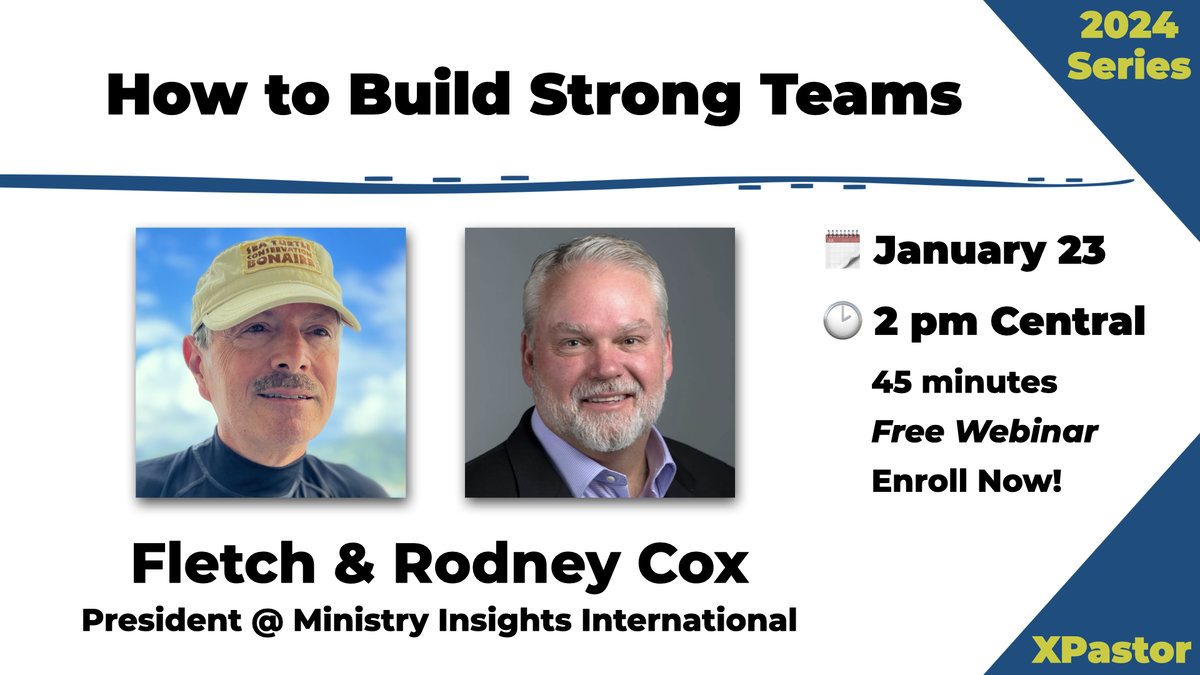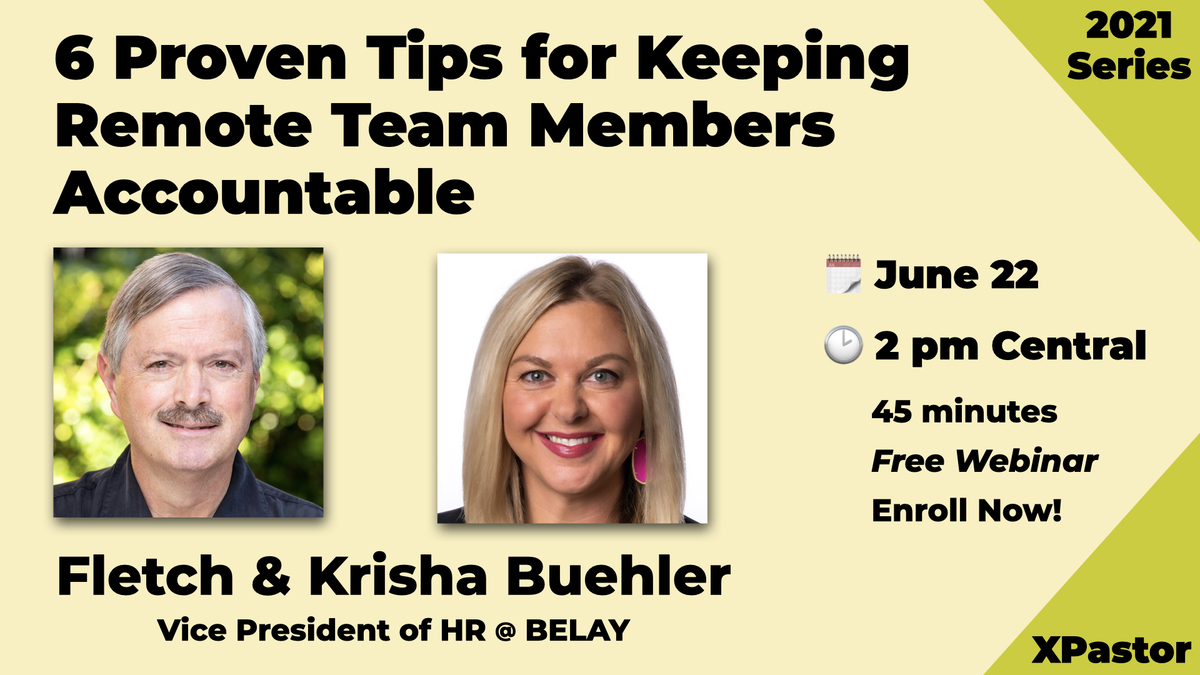Our discussions on coaching and mentoring tend to go directly to techniques, but I’d like to consider for a moment the way we think about mentoring. Even though my context is a mission agency instead of a local congregation, we all face similar challenges in developing rising leaders.
I designed and helped manage a multi-year program for two successive groups of fifty rising ministry leaders from fourteen countries in Western Europe. For me it was a bit of a wild ride. I was continually driven back to finding what I thought of as the bedrock of development—the underlying strata upon which to lay the foundation of our developmental plans. While coaching and mentoring were to be cornerstones of the program, I realized that the way our directors and mentors thought about education and coaching made a bigger difference in their success than the activities they chose in the process of mentoring.
In the course of those years I recognized some critical paradigms that have significantly helped in my planning and evaluation of staff development and mentoring. These things are not rocket science, and perhaps for that reason I, too, easily assumed that our mentors understood them. In fact, I have observed that most beginning mentors don’t recognize the significance of analyzing and thinking in terms of developmental paradigms and thus, miss some of the most significant opportunities to really develop their protégés or staff. So the purpose of this article is to draw attention to the way we think about staff development as a foundational planning grid for mentoring.
Before that, there is one critical assumption to be addressed. Today’s organization has to be adaptable and responsive to change, which has significant implications for its leadership. The broadest paradigm for roles would be knowledge worker and its opposite, production worker. A production worker in a ministry context would be someone whose role is limited to program execution and maintenance by the book. A knowledge worker would be someone who can not only run a program, but design one and execute adjustments to it, as well as train his or her team to adjust and execute it accordingly. This is clearly a leadership role and, in today’s world of change, is a key element to sustaining organizational health and relevance. In our program, we regularly asked our rising leaders, “How are you going to lead us where no one has gone before?” We did this to ensure a mission rather than activity focus and to give notice that there would be no manual telling them what they had to do. Our experience was not to be the gold standard of our actions, but rather be the example of how we addressed challenges in the past. This set the stage for leader development and simultaneously posed some daunting educational challenges.
In our program we regularly asked our rising leaders, “How are you going to lead us where no one has gone before?”
I slowly realized that not all of our mentors were thinking like that. To be more specific, many assumed that the reason they were to be a mentor was to pass on their experience and knowledge to their protégés. They were, by seniority and performance, experts and viewed their role as passing on how to duplicate their success. At heart, they were trying to save their protégés some of the difficult aspects of learning by the school of hard knocks and, at the same time, preserve the core calling of the organization.
Knowing almost all of them, I could not fault their character, motivation, or commitment to the organization. They were to be our front line in developing innovative leadership—but not all of the mentors rose to the challenge. So I began a hunt for the underlying assumptions which made the difference between those who got it and those who didn’t.
I took a hard look at the learning situation of the people with whom our mentors generally worked and compared it to the learning situation of our rising leaders. The fog began to clear. Our mentors were used to working with young and growing Christians. Their learning situation was characterized by the following things:
- Young Christians had a high need for information. The Bible, Christianity, and the basic topics and skills of discipleship such as Bible study, sharing their faith, leading small groups, praying and such were usually new to them.
- Even though they were quite diverse in their background, young Christians shared many questions and needs. Finding people with a common learning need was much less a challenge than finding free time to meet.
- They were learning, by analogy, “in parallel.” They had few if any organizational responsibilities besides meeting with each other. Though they supported each other, they weren’t truly dependent on each other, and so they generally learned the same things at the same time.
On the other hand, our rising leaders’ profile was significantly different.
- To continue the analogy, our rising leaders in contrast were learning “in series.” Because they were embedded in the organization, others depended on them. In their own context they played a uniquely interdependent role.
- As soon as they took on a new position, something rarely observed but very common happened: the number of questions they had skyrocketed while the number of people that shared those questions plummeted. Even if the organization could pool people with the same kind of role, the unique challenges and priorities in their individual situations decreased the proportion of important questions they felt they had in common with others.
- They already had more information than they could use; selection, analysis, and application was their need.
- They had no luxury of focusing on only one thing at a time in sequence. Their role was complex from the start. Contextual needs determined what they must focus on. Choosing which issues to address was a challenging art at best.
I described the approach to these two different situations in terms of two learning paradigms. In the first, young believers enjoyed and benefited from the simplicity of the programs in which they participated. This situation lends itself well to what I call an economy of scale mode. Briefly, it is numbers of people learning basics in parallel. It was also easy to see why senior, successful staff would operate in what appeared to them to be a pattern of success by assuming that rising leaders had the same learning situation but only with more advanced questions. The mistake we made was not identifying and describing the entirely different learning needs of the rising leaders.
I described this second paradigm as a managed mentoring mode. In summary, it is facilitating contextual learning. It doesn’t lend itself well to preplanned programs for groups because the questions rising leaders have are developed out of the context, not out of the textbook. Thus, even peers in similar positions, in different parts of the same organization, might have different questions because of factors such as their own background, the makeup of their team, and the context in which the team is ministering. This doesn’t mean we shouldn’t gather them in groups—it just means we can’t expect to meet everyone’s need by choosing topics for them. The groups are, indeed, very necessary for developing networks, but we often assume that when we can gather a group, we should present them with a topic. In fact, for this level of learning, that can be counterproductive.
I am not suggesting that we give up the economy of scale mode in favor of the managed mentoring mode. It is a both/and, not an either/or choice. The economy of scale mode is very effective when people have common questions. Though I have suggested it fits well at the introductory level, hybrids of this mode work very well at advanced levels, such as the case study approach for the MBA at Harvard Business School. What I am suggesting is that because of the general success of the economy of scale mode in our experience at school and with young Christians in church, it is easy to forget that the needs of rising leaders are not well met in this mode, which generally assumes sequential learning in groups around preselected topics. In comparison, the kinds of issues which generate learning needs for rising leaders are related to their unique contexts, even when peers are addressing similar issues.
Here I might make a distinction between a mentor and a coach for the purpose of illustration. A coach has to know his stuff, but the critical quality of the mentor is being able to manage the learning process. A mentor in the managed mentoring mode can, in principle, manage learning for anything. For example, my wife knows nothing about fishing, but we have a son very interested in fish and wildlife management. She mentored him through finding a program and completing it in four years in spite of attending two colleges. She has never coached him on finding bass or selecting a reel; but she launched him on a self-directed learning process that began with a formal degree. His learning includes many things beyond that degree. He directs it all himself now, but to hear him talk, his mother was the best advisor he ever had. Beyond that, he copied her approach when, as an RA, underclassmen came to him for help in sorting through the course selection process. Whenever he is breaking new ground, he always comes back for help, even though we don’t have a clue about the details of fish and wildlife.
That is the point, it is the process that matters—learning is not limited to a program and a good mentor is not limited to his or her own knowledge and resources. The measure of a mentor is his or her focus on the protégés’ learning. While it is certainly not ideal to choose a mentor who knows nothing about one’s mission, please don’t miss the major point: the role of a mentor for knowledge workers must be to facilitate learning far beyond the limits of his or her own experience. Remember: How are you going to lead us where no one has gone before? Of course, the expert coach, distance learning, formal education, reading, developmental assignments—the list is endless—are all valid components of the process.
Managed mentoring is the focus on facilitating the learning of the participant. It is extremely useful because learning is a key component of leadership. The careful observer will note that it is not limited to individuals or small groups, and in that sense the term economy of scale mode is not precise. The distinctions are more about philosophy—the way we think about mentoring—but as a general rule, what I have observed is that the economy of scale mode works well in early development, particularly when there are large numbers of people (with similar questions) and efficiency is important. Because of this, we tend to adopt uncritically a very similar approach for mentoring. Therefore, it takes a conscious effort to get mentors to take full advantage of the opportunities associated with facilitating learning, rather than simply passing on what they know.
There are some objections to this approach. The first is from the learners who are accustomed to being told what to do and find that the demands of managed, outcome-oriented learning require a far broader range of both learning and relational skills than classroom-based courses.
A second objection comes from leadership who think that it costs too much time, especially in the transition. Managed mentoring requires an adjustment and learning at more senior levels first. This is counterintuitive, as it should be the junior, rising leaders who are expected to invest in their education. But facilitated learning requires facilitators, not experts in information transfer, so the transition begins not with the learners, but with the facilitators, mentors, and teachers. And this hurdle can be huge.
A third objection is much more subtle. Who do we entrust with the development of new leaders? It is easier for leadership to use lecturers who come and then leave. It takes a secure leader to fully support long-term, managed learning that thrives on open influence and relationships.
With a little thought, most of us will probably conclude that this paper only states what is nearly obvious. Nevertheless, I have discovered that the assumptions mentors and coaches bring to their role are often ignored, even though they more significantly affect their ability to develop leaders than the specific methods they use. One of the most common forms of this is a failure to see their role as a facilitator of learning rather than as one who simply passes on the experience and knowledge of an expert.
The implications of this are actually a little deeper. Greg Hawkins and Cally Parkinson at Willow Creek have pointed out (among other things) in their study Reveal, Where Are You? that among the more mature believers are a number who are dissatisfied with church (p. 52) and that program participation is no indicator of spiritual maturity (p. 33). Having struggled with the challenges of developing rising leaders out of the ranks of the mature believers, I was not at all surprised by this, as it correlates well with our experience in missions. The program-based learning so effective with young believers missed the needs of the mature. The underlying issue is a need to think differently about how we develop people, to think beyond the techniques to the bedrock of development.
This paper suggests that we have two paradigms at our disposal—one suitable for groups with similar questions, and one suitable for people with more unique questions. These paradigms correlate well with two groups of learners which we often need to develop—young Christians and rising leaders. Consider for a moment the relationship between these two paradigms. Are they equal and independent halves of one pie? In spite of this correlation, the careful thinkers among us will have already realized that the “economy of scale” mode works well for groups of young Christians precisely because it facilitates their learning in a way that corresponds with their needs, not because it is an efficient program from the perspective of numbers (convenient and true as that may be).
For some I have interacted with, managed mentoring is considered a specialized subset in our bag of teaching tricks, the little brother to “real education.” In reality, the situation is reversed; the economy of scale mode is only a subset of facilitated learning. Think about it.











